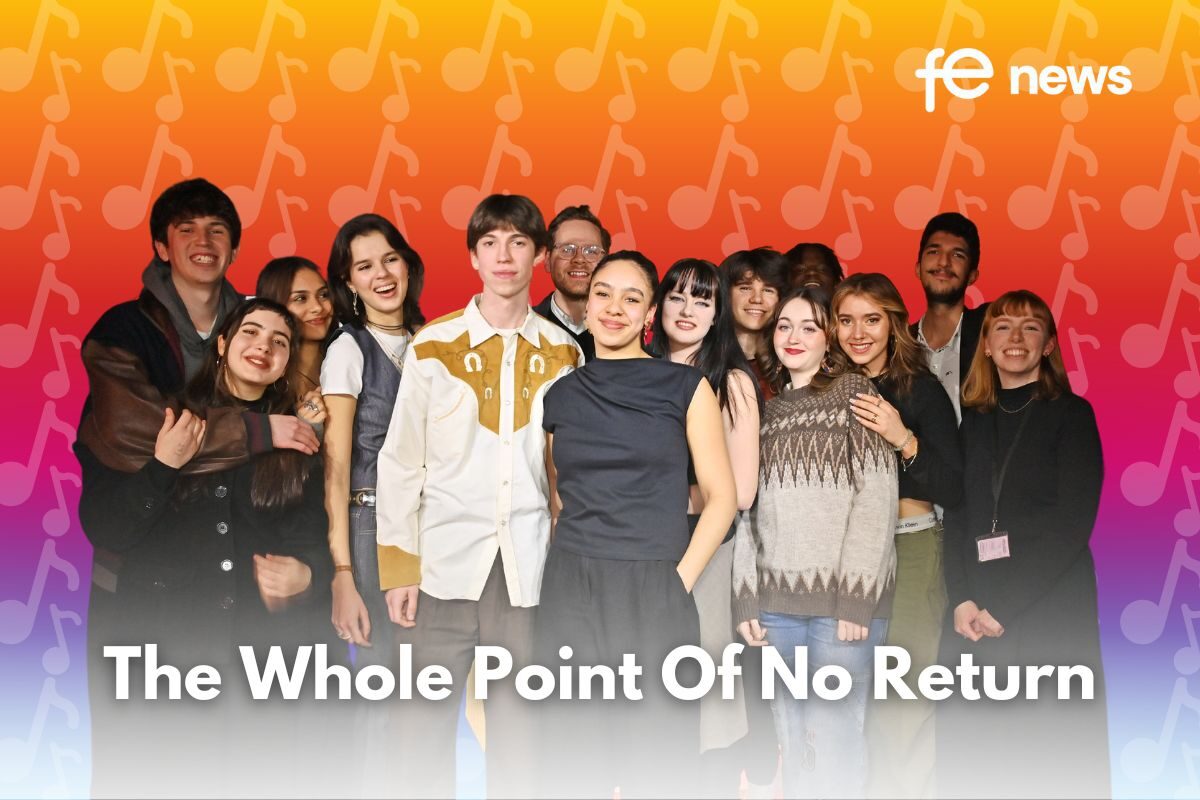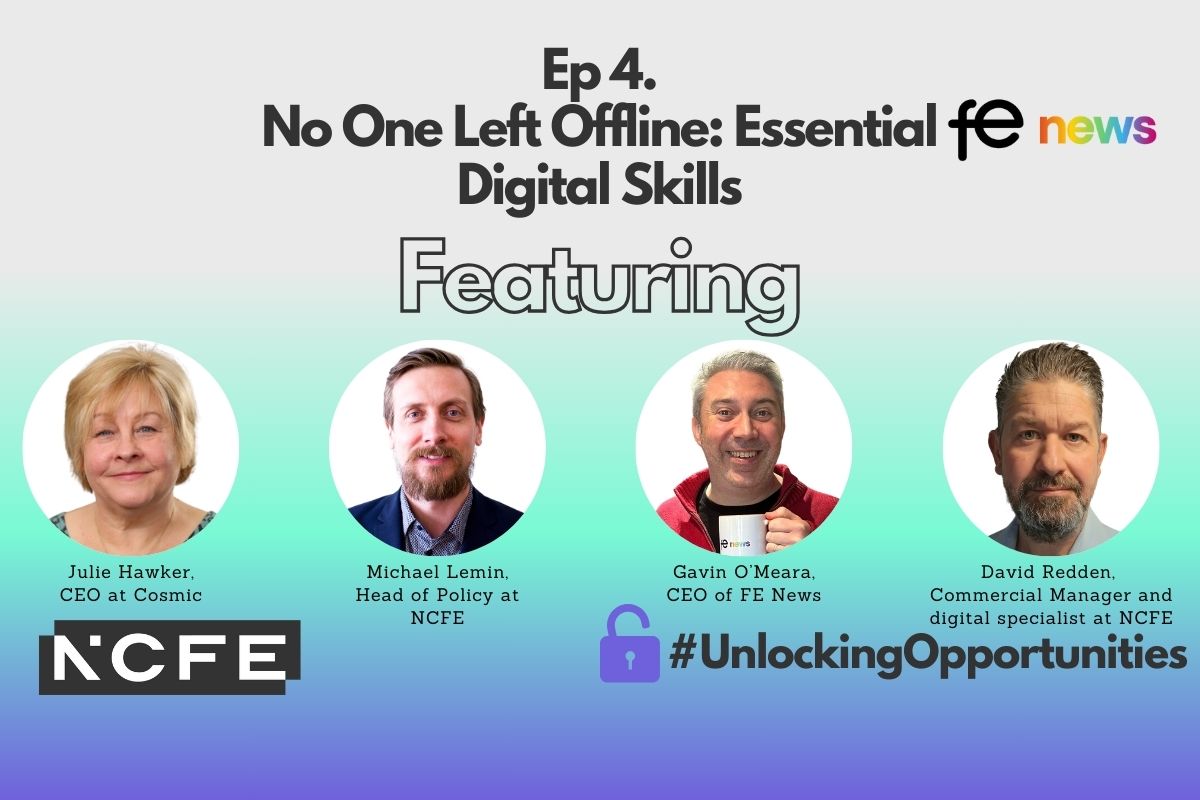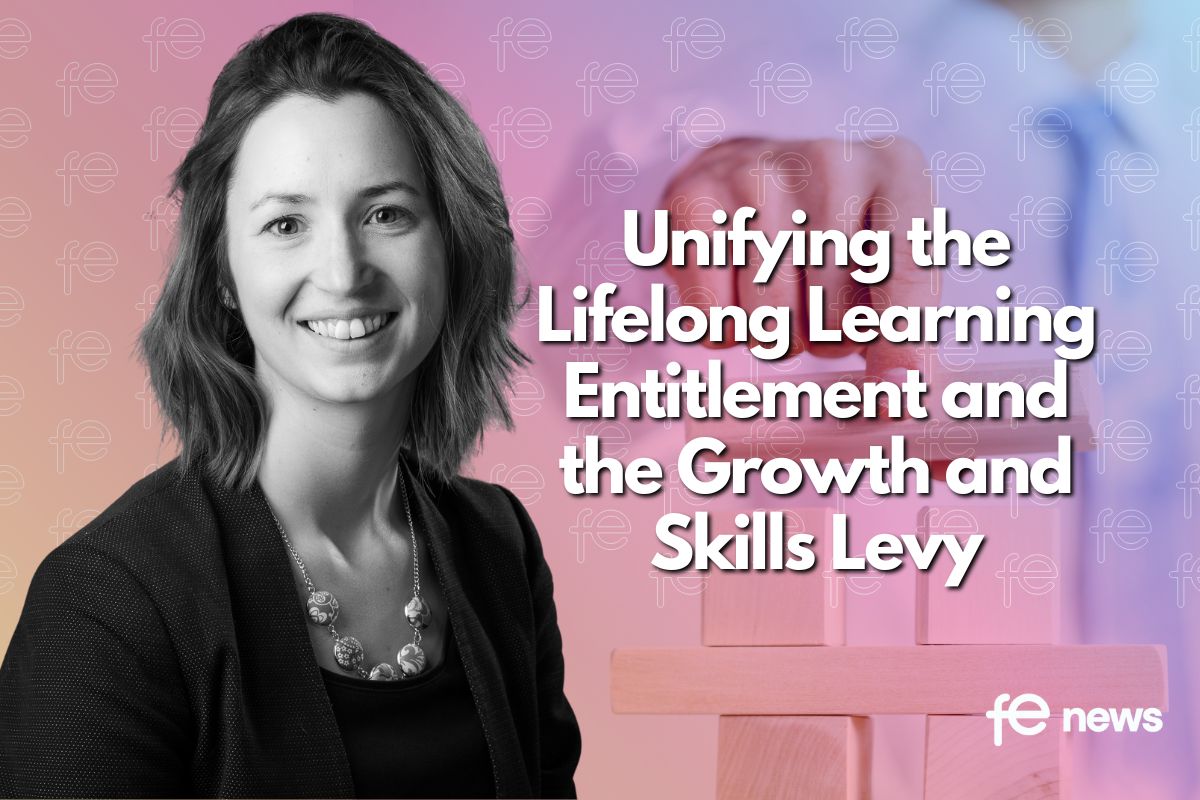The whole point of no return: social media’s effect on the music industry, education and success

It’s an exciting time to be an artist – quality work can be made from home with just a laptop, and social media has had a considerable impact on the way we as artists market ourselves, produce and collaborate. But the challenge to stay on top still exists – which includes battling the algorithms of social media platforms.
Within the past five years, there’s been a definite shift toward social media being the basis of how upcoming musicians, artists and creatives connect with their audience and gain wider public attention. As a young musician and aspiring visual artist It’s important to analyse how this affects my aspirations and the future of the creative industry I’m going into, in a time where a thirty-second video can propel your career further than a sold-out show.
In recent years, social media has definitely had an effect on how we as artists market ourselves, produce and collaborate. It’s an exciting time to be an artist, especially with the music I create and want to create in the future. Quality work can be made at home with a laptop on Logic or Garageband or Ableton – something that time at the BRIT School has been fundamental in my understanding of when it comes to mixing and producing. The internet has helped massively with aspiring artists as the boundaries set by genre feel loose – music being freely accessible to a new generation of songwriters, musicians and listeners has shifted conventions of popular music towards more unconventional styles and structures. A blend of styles is now sought after within contemporary music. However, there are challenges within social media and marketing yourself, there’s almost a surplus of music uploaded daily to streaming services that you don’t want to find yourself lost in, and having a strong sense of identity and originality within your work is as prevalent as ever in order to stick out and get noticed.
Social media has also been very useful for independent venues and organisations in gaining traction – Orii community has created an online presence through its space as a converging point for jazz musicians based in London for two nights a week in East and South London. Popularity in post-punk venues like the Windmill Brixton has also spread globally, partially through Lou Smith’s YouTube account giving upcoming acts exposure to a recurring fanbase. Moreover, bands from the Windmill scene have exploded on a regional and international basis, bands like Black Midi drove this exposure through a more conventional sense of generating a buzz through live shows. The large demand for this scene led to the Wide Awake festival, showing how alternative styles of music can succeed without a heavy presence on social media.
I’d argue the idea of success among young musicians has drastically altered due to the internet, especially post covid; throughout the pandemic and in the subsequent recovery of the music industry – live venues have been shut down, gigs cancelled and rescheduled. From a pop music point of view, utilising the internet to reach a broader audience through TikTok or Instagram has been a more accessible and reliable way to propel yourself into the public eye.
Moreover, In terms of my own success, my ambitions In music this year, are to continue to experiment and ultimately blend my recent (and continued) inspirations; Post-punk – (the pop group, squid), Dub (Soothsayers – and the Youthsayers collective I’m involved in – set up as a free space for young musicians to perform together based in South London.), Ethiopian jazz (Getachew Mekurya, Dahlak band) and Ambient into a body of work. For my final major project at BRIT which I’m currently working towards, I’m performing three original pieces of music live with my band, accompanied by visuals I’ve shot and compiled, occasionally syncing with the music. Partially inspired by Adam Curtis’ film style, focusing on national identity and how/if that defines your identity for my UAL extended Diploma Qualification. The aim is to release it on YouTube and promote it through Instagram amongst other forms of social media. However, figuring out how to play the algorithms on TikTok especially can be difficult. Most of the time, groups that blow up begin with a ‘guess who’s the guitar player’ video as it gets pushed by the algorithm, before pushing their own work. Furthermore, stylistics within your video are as important as the music played – your image and the quality of the video often determine its overall popularity. Given this project’s unconventional (par one pop song I might squeeze in) style that I’m aiming for, it’s important to realise how to promote it through what parts are the most eye-catching and sonically pleasing to a general audience.
It’s also important to consider how alternative styles of music should market themselves, especially within the Post Punk scene in London where it can be difficult to push yourself through the internet; it’s a genre that demands being experienced live – without that, the connection between artist and audience member can get lost in a swamp of new alternative acts. This means lots of acts instead rely on live venues to generate a buzz around themselves before recording and promoting, in direct opposition to how social media and some labels are dictating most new pop artists to approach it.
My interest in The BRIT School arose through the opportunity I saw in it, as a young musician and visual artist at being part of an environment where the Arts are blended. Emphasising the importance of collaboration within the arts that are offered through BRIT, this year I’m scoring a film student’s final major project in the style of a Western. Last year for a student film, a drummer and I were filmed performing an hour-plus improvised set. These sorts of opportunities would be extremely rare without the establishment’s interaction between art forms.
I applied during the pandemic for post 16 (sixth form) at a time when most of my learning had been through a form of social media (Teams / for lots of kids zoom.) Having that for the best part of a year made the start of BRIT prevalent in my development as a young musician. Especially as the music course relies on practical work, each term amounting to a live performance to showcase this either at BRIT’s Obie theatre or venues in the surrounding area. There’s a great mix of creative students, producing or playing different styles from Post Bop to Pop working alongside each other to develop our musicianship.
Whilst studying at The BRIT School isn’t seen as a traditional form of education to some, studying history has had a major impact on informing my worldview and work to critically assess, as reflected in my Final Major Project. The course focuses on Mao’s China and the British Empire, both essential parts of history which reflect on and give a nuanced understanding of current international relations. The importance of BRIT being a state school is that there isn’t just one social demographic getting access to the facilities, teaching and opportunities offered – whilst importantly giving an actual representation of some of the young talent coming out of London and the UK.
My idea of success shifts with the work I produce, there are ultimate goals down the line with where I aspire to take my work. Apart from upcoming gigs and projects, one success this year has been part of The BRIT Awards 2023, with headline sponsor of 25 years, Mastercard – a piece of music I wrote alongside Seren Levay, a friend and frequent collaborator is being played throughout the ad breaks alongside visuals of us performing. This will be promoted online extensively, as well as through the Awards themselves.
It’s critical to delegate time online toward establishing yourself as an aspiring musician. By taking advantage of social media’s uses and algorithms you can maximise your potential audience and collaborators. I aim to promote my music and other work through both an online portfolio and in a conventional sense, live.
By Cam Moir, 17 year-old musician, guitarist, songwriter and aspiring visual artist. Based in London. Music and History student, studying at the BRIT School for Performing Arts.











Responses